The Yemen coffee entry auction in London, as reported by The Guardian on September 12 2022, aims to help rural farmers and put the ‘birthplace of good coffee’ back in the hearts of its fans.
They have high hopes for coffee beans growing in the mountains of Yemen. The region has more than 600 years of producing the best coffee for modern coffee lovers.
Last August, a group of Yemeni farmers visited a coffee roasting company in London. They have determination to restore Yemen’s status as the birthplace of the best coffee.
The farmers introduced 28 samples of various coffee beans for tasting. In just a few days, the various varieties of Yemeni coffee have been purchased by coffee enthusiasts from Europe, Australia, Middle East, and East Asia at this first Yemen National Coffee Auction.
Also Read: Children in Gaza and Future Generations Threatened by Genetic Damage
The auction conducted online by the Mocha Institute, is designed to connect Yemen’s western mountain farmers directly to traders, rather than selling through profit-taking exporters.
“This is the first for Yemen and this is a great opportunity for farmers,” said Ahmed al-Murri, whose coffee sells for $42 per pound.
“The Customers have tasted our coffee and closed the gap between us and them,” he said.
A former travel agent who returned to Haraaz, Murri took his father’s coffee crop and started a business.
Also Read: Palestinians in Gaza Remain Wary Amid Ceasefire Jubilation
“Coffee was something that my father and grandfather had done, but had forgotten. We decided to start making special coffee,” he continued.
“Yemeni coffee is not yet known to the world and considered to have a good reputation. But hopefully, the new market will make Yemeni coffee known and considered,” he added.
Modern coffee cultivation began in Yemen around the 15th century, with trade passing through the Mocha port.
However, in 2020, Yemen was only ranked 61st in coffee exports, selling coffee beans worth $21 million (Rp313 billion more, compared to Brazil’s $5 billion (Rp74.5 trillion).
Also Read: When the Sumud Flotilla Didn’t Reach Gaza
Yemeni-American coffee entrepreneur Mokhtar Alkhanshali, an auctioneer conducted auction in London, brought directly from farmers and sells through his company, Port of Mokha.
He also helped farmer so they can access their own markets, which is expected to have a longer lasting impact on the country’s economy.
Language and Situation Barriers
English language skills and the political situation in Yemen are the biggest obstacles to getting there through direct trade.
Also Read: Noble Effort in Caring Senior Citizen; Best Practices from Indonesia to the World
Inspired by the Best of Panama auction, the Panamanian producers’ response to the crisis in 1989 causing price drop. The coffee entrepreneur Alkhanshali believed, online auctions will introduce Yemeni coffee to the market.
“This is the most exciting thing I’ve ever done and it’s not for me, it’s for the farmers. After this, they can do it themselves. You are a farmer in Yemen, you managed to enter this auction even from a small village. Now, you have buyers from Tokyo or San Francisco and they can buy from you all year round,” he said.
He mentioned that there are around 1,200 coffee farmers from almost all coffee growing areas in Yemen who can be empowered.
“They came from a village which is very far. They know the information from WhatsApp or Facebook groups,” he continued.
Also Read: Open Letter to President Prabowo Subianto: Never Recognize the Sovereignty of Zionist Israel
Nicholas Watson, from the International Trade Centre said information technology make farmers to be more involved in selling their products.
Daniel Vergnano, List+Beisler coffee trader said, a vision for economic development in Yemen motivated the purchase.
“We believe that supporting Yemeni coffee will bring Yemen back to the global coffee industry and at the same time provide economic security for coffee farmers,” said Vergnano.
Jalal Yahya al-Emadi, Haraaz coffee farmer said coffee production has social and economic impacts in Yemen, as it has allowed farmers to stop growing khat, a type of cannabis, and replace it with coffee as a commercial crop.
Also Read: Measuring the Reality of the Israel-Palestine Two-State Solution
“Due to economic and political conditions, farmers’ lives become difficult. But the coffee plant can still grow well,” said Emadi
“Khat is the main crop for farmers, but we managed to turn it into coffee growing. Khat requires more water to grow, requires chemicals, causing disputes among farmers. A lot of people would sit there all day, just munching on it.”
“Hopefully my coffee can be shipped around the world,” he added. (T/ri/RE1)
Mi’raj News Agency (MINA)
Also Read: Tunisian Man Donates Boat to Global Sumud Flotilla, Citing “Gaza Is Worth More Than Anything”






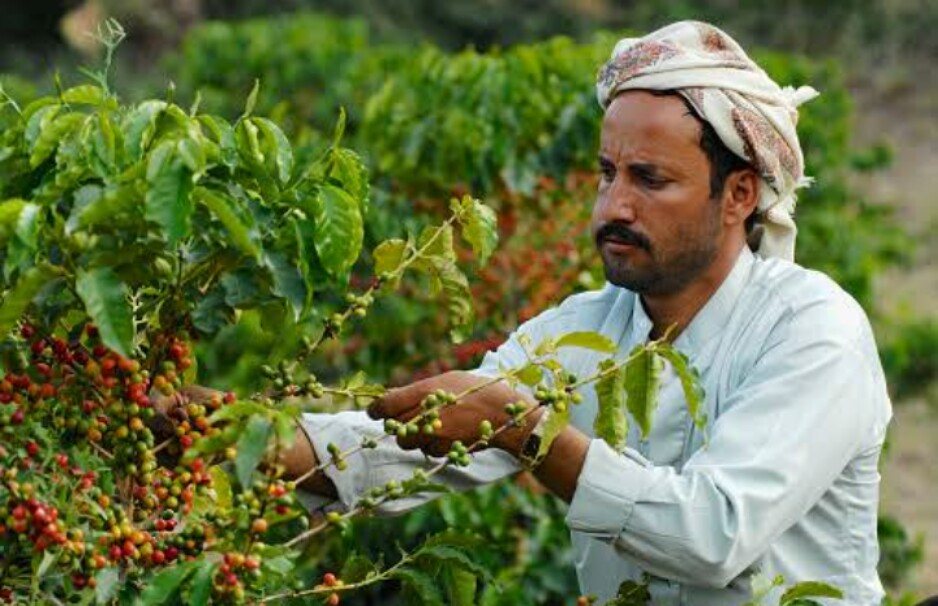

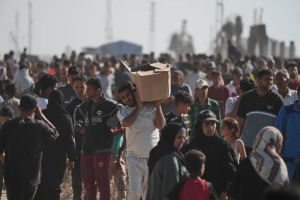



![Israeli tanks and APC’s gather by the Israeli – Lebanese border. Amid Israel’s escalating campaign against Hezbollah in Lebanon on September 30, 2024. [Erik Marmor/Getty Images]](https://en.minanews.net/wp-content/uploads/2024/10/IMG_20241001_203226-300x197.jpg)




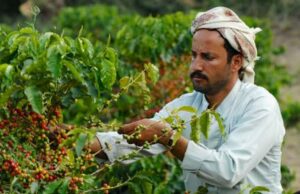







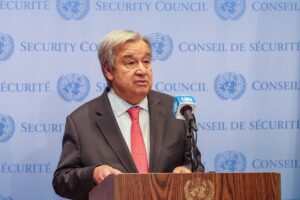
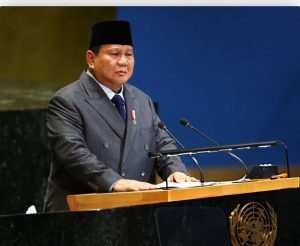



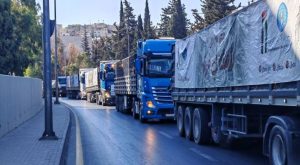




 Mina Indonesia
Mina Indonesia Mina Arabic
Mina Arabic